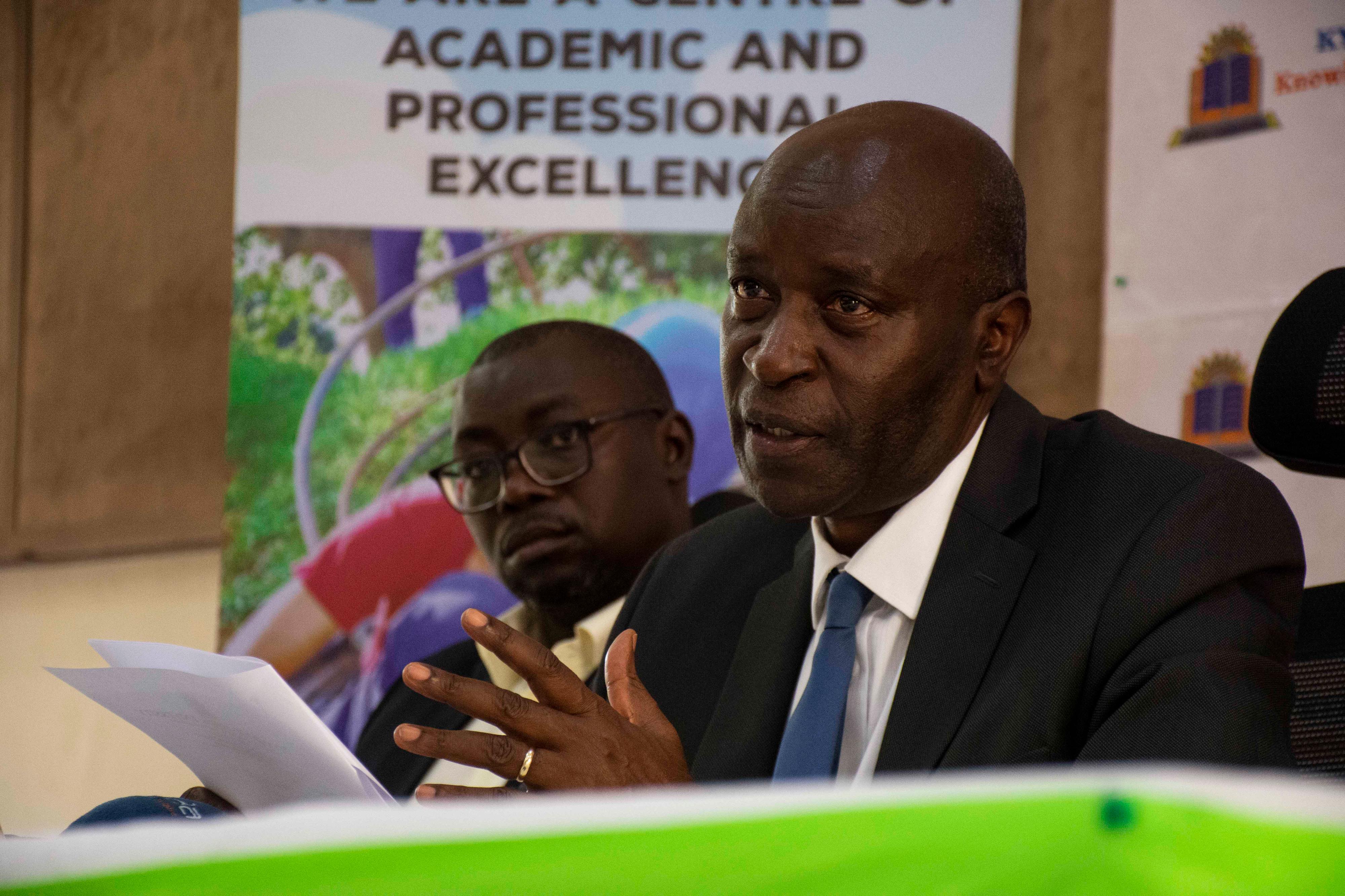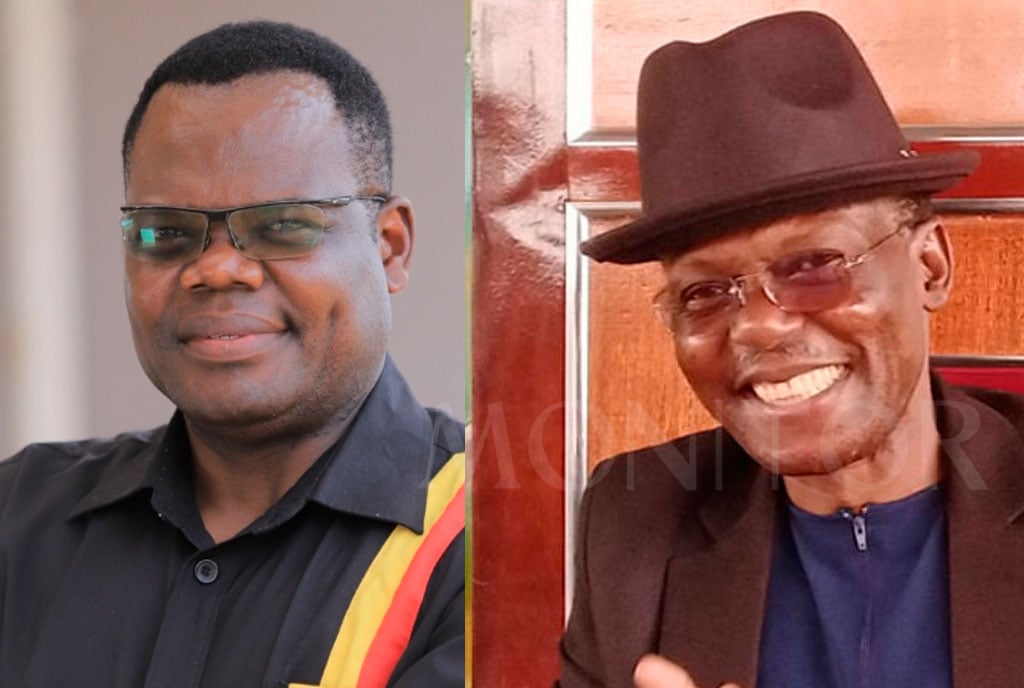Kyambogo University's roads: Education or leadership failure?

What you need to know:
- Why are engineering students not involved in practical, hands-on projects that could improve the infrastructure of their institution? Is the education they are receiving focused solely on theory, leaving them without the practical skills necessary to solve university challenges?
Last week, I attended the graduation of more than 300 students who completed a Kiswahili language course at the NRM Secretariat.
Since the course was introduced by the NRM Secretariat, it has received the endorsement of Rt Hon Rebecca Alitwala Kadaga, First Deputy Prime Minister and Minister for East African Affairs, as well as President Museveni.
Since its inception, more than 700 Ugandans from different sectors have enrolled in the Kiswahili course. This first graduation ceremony, held at Kyambogo University grounds, was graced by President Museveni. However, one could not ignore the deplorable state of the university’s infrastructure. Despite celebrating educational milestones, navigating the university felt more like maneuvering through the garden of sweet potatoes than driving through one of Uganda’s leading educational institutions.
The road to the engineering department, often considered the heart of technical and infrastructural education, is in worse condition than any other part of the university. This shocking state of affairs raises critical questions about the competence and priorities of both the university's administration and the education system at large.
Why are engineering students not involved in practical, hands-on projects that could improve the infrastructure of their institution? Is the education they are receiving focused solely on theory, leaving them without the practical skills necessary to solve university challenges?
For an institution meant to foster technical expertise, the poor state of the campus roads—particularly near the engineering faculty—reflects a troubling disconnect.
Kyambogo University is supposed to be a center for innovation and technical advancement, yet its leadership seems to overlook these core responsibilities.
The deplorable conditions of the roads send a clear message: the leadership is either incapable or unwilling to engage students in meaningful projects that would not only enhance their learning but also serve the institution. Why should the institution expect to produce graduates who can contribute to national development when they cannot solve the simplest of engineering challenges within their backyard?
This situation highlights a larger problem within Uganda's education system. Focusing on theoretical knowledge without practical application creates a disconnect between what students learn and what they can do. As a result, we churn out graduates with impressive academic credentials but little ability to tackle our nation's everyday challenges.
The failure to empower students with practical skills is not just a failure of the institution but of the entire education system.
The administration should create opportunities for students to apply their knowledge in ways that directly benefit the university.
A simple initiative to have engineering students involved in road construction and maintenance would go a long way toward providing them with valuable experience while simultaneously addressing the institution's infrastructure needs.
In short Kyambogo University’s poor roads are a reflection of the poor state of its leadership and the country’s education system.
It is time for a shift in focus—from the purely theoretical to a balanced approach that emphasizes practical skills. The future of Uganda depends on producing graduates who are not just academically sound but also capable of solving the real-world challenges that confront us daily. The leadership of Kyambogo University, and indeed all educational institutions, must rise to this challenge.
Arthur Nuwagaba, NRM Cadre and PhD Student in Business Administration.




